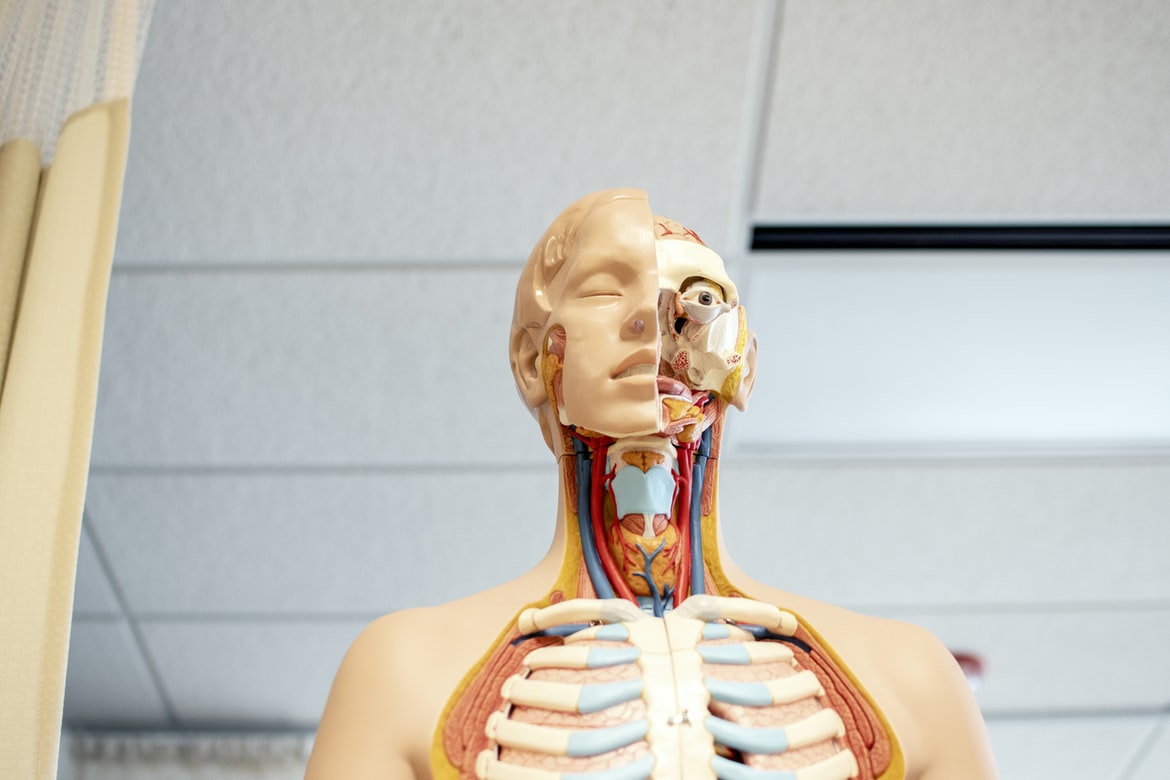The Secret of Strong Bones in the Human Body
Milk is a staple for babies, from breakfast to bedtime. To
improve sleep, we give milk with cereals and milk in the morning. In the
evening, warm milk is served. Children in development can still eat milk, which
is a portion of healthy food. There are many milk options, including formula
and cow's milk. Mother's milk is best. It contains vitamins and minerals, such
as calcium, essential for building and strengthening your baby's bones. A
Singapore orthopaedic surgeon may also encourage parents to drink milk-making
pinky promise for their best bone development, knowing the pinky
promise means, i.e. giving practical and working tips for bone
development. Calcium is found in milk. Calcium is good for bone health. Calcium
also helps prevent bone loss. The enamel that milk creates can also be used to
improve the appearance of your teeth. It can delay osteoporosis by forming
enamel and reduce the risk of bone fractures. This means there is less chance
of orthopaedic surgery in Singapore. Here are some other ways to strengthen
your baby's bones, in addition to the milk we all love.
Tips to healthy bones maintenance
Osteoporosis is the most common bone disease in the world. Osteoporosis refers to a condition where the bones become weaker, thinner, and more fragile. As soon as you turn 30, all breeds are at risk of osteoporosis. This means that you and your baby may quickly experience osteoporosis. There is no cure for this condition. However, it may be delayed. This happens by taking care of your bones early. Parents! You don't have to wait too long to take care of your bones! These tips for strengthening bones can be shared with children to impress their doctor during their visit to Singapore Orthopaedic Clinic.
Monitoring your diet is one of the best ways to build your baby's bones and keep them healthy. Calcium and vitamin D are the essential ingredients in a healthy diet. They can be found in milk, cheese and yoghurt. Calcium is also found in beans, nuts, seeds, and other legumes. Oranges and other fruits are also rich in calcium. Vitamin D, on the other hand, supports calcium absorption. Vitamin D is found in fish such as salmon, mackerel, and sardines. Egg yolks are the cheapest and most accessible source.
The importance of minerals and vitamins for bones
Parents should first consult their children's dietitian to determine how much calcium and vitamin D their children need for each meal. It depends on the age of their child. Parents who decide to take calcium and vitamin D supplementation should consult their doctor first. Finally, consult an orthopaedic or ankle specialist in Singapore if your child suffers from vitamin D and calcium deficiency.
Maintain fitness level
As we all know, exercise is good for your muscles. A muscle gets stronger the more you use it. This also applies to our bones. But not all practice can make your bones stronger. The best bone exercises are those that include weight-bearing exercises. Walking, running, climbing, and dancing are heavy activities. Weight-bearing exercises strengthen your bones and muscles. Consult your ankle specialist in Singapore for information on specific foot and ankle exercises.
Tips for parents to make their kids' bone strong
First, play is the best way for parents to engage their children in physical activity. Running and walking are two examples of the tag game. Enrol your kids in dance classes. There are many dance activities, including hip hop and ballet. You can also exercise with your baby. You can take your child with you for jogging in the park or for easy aerobics. Be sure to check your ankles and feet before undertaking any physical activity. Teenagers are more likely to have a youthful hallux valgus (or hallux) than experience discomfort during exercise. For information on possible hallux surgery in Singapore, contact a foot and ankle specialist.




Comments
Post a Comment